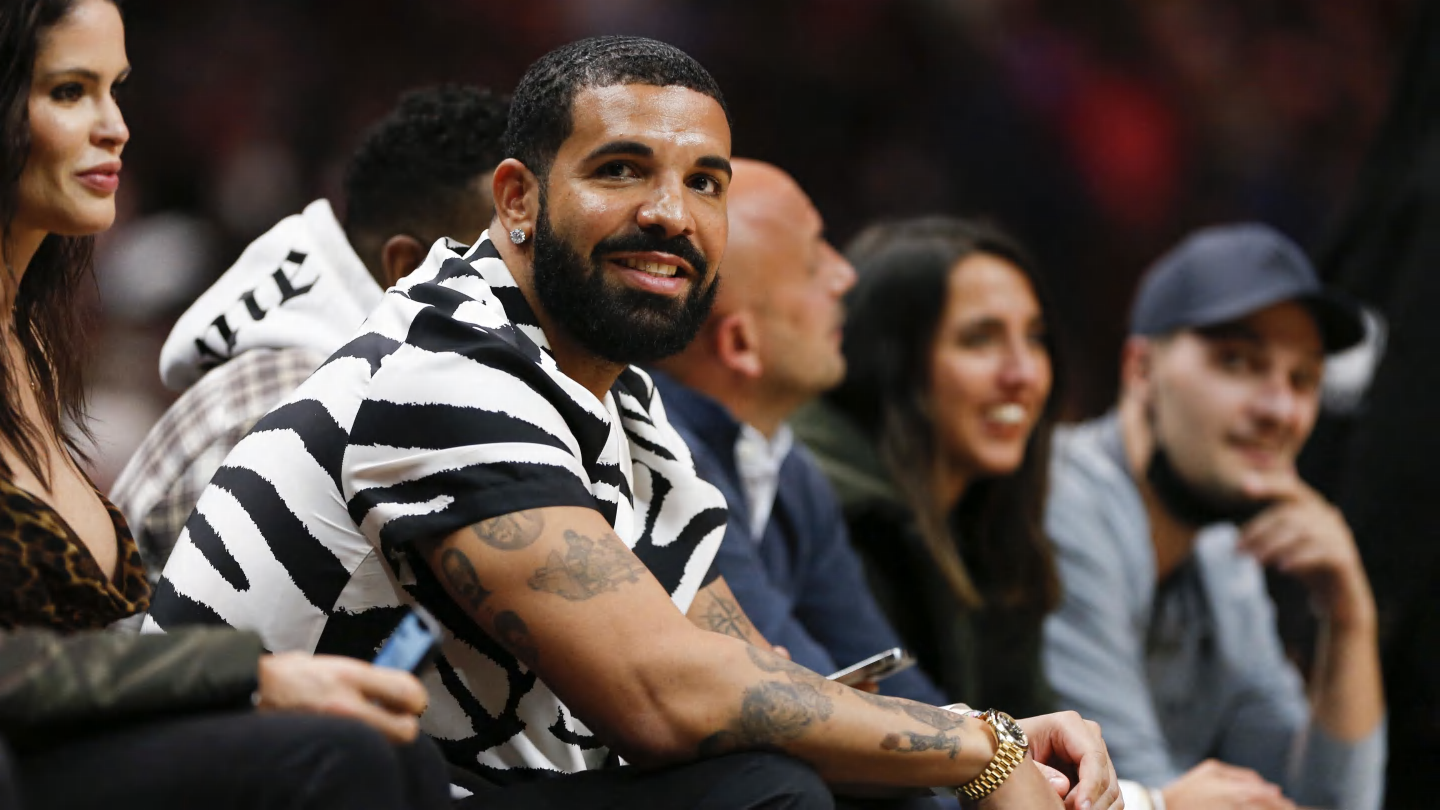Trump’s plan to end Ukraine war raises questions; Hungary’s Orbán to meet Putin on ‘peace mission’

BUDAPEST — Hungarian Prime Minister Viktor Orbán’s meeting with President Putin in Moscow on what he calls a “peacekeeping mission” comes amid growing questions about President Trump’s alleged plan to end the Ukraine war if he is re-elected.
Orbán’s visit came just days after he made a similar, unannounced trip to Ukraine, where he met with President Zelensky and proposed that Ukraine agree to an immediate ceasefire with Russia.
The Hungarian Prime Minister’s attempt at shuttle diplomacy follows the question of ending the war in Ukraine, which was raised in the American presidential election campaign.
During the debate between Presidents Trump and Biden on June 27, Trump noted that he could quickly end the war in Ukraine if he won the election again, but did not provide details.
This comment seemed to pique Putin’s interest. The Russian president noted: “The fact that Mr. Trump, as a presidential candidate, declares that he is ready and wants to end the war in Ukraine, we take absolutely seriously,” Putin said. “Of course, I do not know any possible proposals on how he intends to do that.”
President Zelensky, for his part, called on Trump to disclose his plan to end the war, but warned Ukraine against accepting conditions that violate the occupied country’s independence.
“If Trump knows how to end this war, he should tell us today,” Zelensky told Bloomberg Television on Wednesday. “If Ukrainian independence is at risk, if we lose our statehood – we want to be prepared for that, we want to know.”
Putin’s recent offer of a ceasefire in Ukraine was rejected by European politicians, including Italian Prime Minister Giorgia Meloni, who condemned the proposal as “propaganda” that meant Ukraine “must withdraw from Ukraine”.
Mr Orban’s trip to Moscow is the rare visit by a European head of state to Russia since Russia’s invasion of Ukraine more than two years ago.
The Hungarian prime minister, considered to have the best relations with Vladimir Putin of all EU leaders, has regularly blocked, delayed or watered down EU efforts to help Ukraine and impose sanctions on Moscow over the war.
He has long called for a cessation of hostilities in Ukraine, but without explaining what this might mean for the country’s territorial integrity or future security.
This stance has angered Hungary’s allies in the EU and NATO, who widely view the Russian invasion as a breach of international law and a threat to the security of Eastern European countries.
The Hungarian president’s trip is “part of his peace mission,” says his press chief Bertalan Havasi, reflecting the image of a peacemaker that the populist politician has cultivated since the start of Russia’s large-scale invasion in February 2022.
Hungary’s Foreign Minister Péter Szijjártó also took part in the trip to Moscow, according to a post on his Facebook page.
Hungary took over the six-month rotating presidency of the EU Council earlier this month, a largely formal role that can be used to shape the bloc’s political agenda. Mr Orbán has said he wants to use the presidency to push for an end to the fighting in Ukraine.
Kremlin spokesman Dmitry Peskov confirmed to a Russian state television reporter on Friday that Ukraine would be one of the topics on the agenda of the meeting between Orbán and Putin.
EU officials have harshly criticized his visit to Putin – something only one other European head of state has done since the invasion began.
The bloc’s foreign policy chief, Josep Borrell, said in a statement that Orbán’s visit to Moscow “takes place exclusively within the framework of bilateral relations between Hungary and Russia.”
“Prime Minister Orbán has not received a mandate from the EU Council to visit Moscow. The EU’s position on the Russian war of aggression against Ukraine is reflected in many of the European Council’s conclusions,” said Borell.
“This position excludes official contacts between the EU and President Putin. The Hungarian Prime Minister therefore does not represent the EU in any way,” Borrell added.
He added that Mr Putin had been indicted by the International Criminal Court and an arrest warrant had been issued for his role in the forcible deportation of children from Ukraine to Russia.
Before his departure on Friday morning, Orbán told Hungarian state radio that he was aware that his country’s EU presidency “does not give us the right to negotiate on behalf of anyone.”



